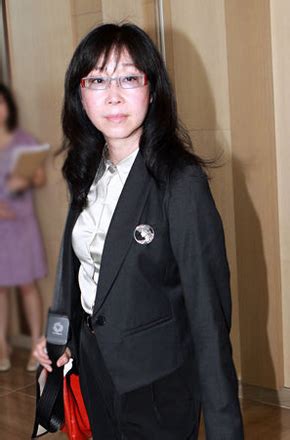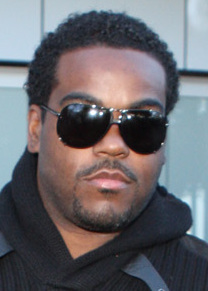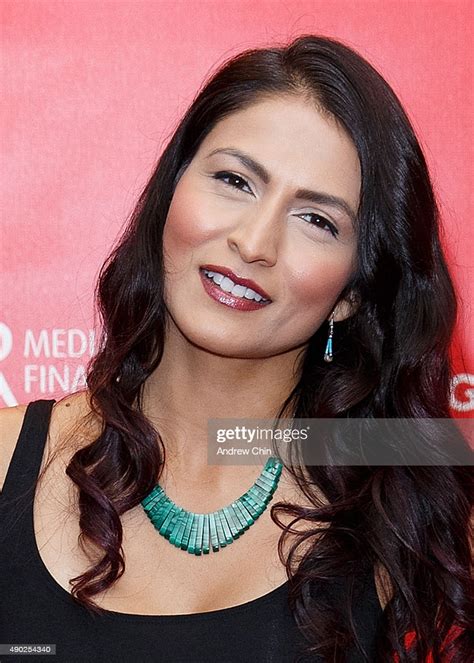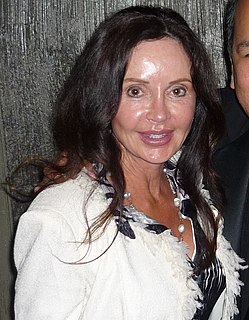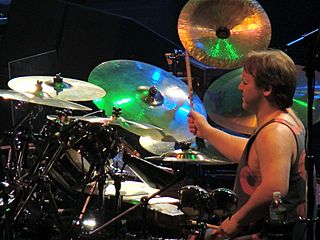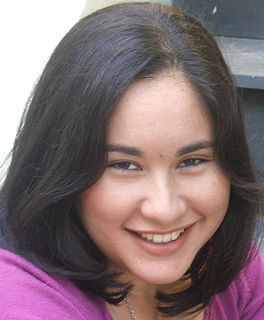A Quote by Mabel Cheung
Be yourself. Forget about whether you are male or female and just work hard to become a director who truly knows her craft and the direction she wants the film to go. People respect a director for her work regardless of her gender.
Related Quotes
With a director it's all about the work; I'd work with a great director over - you know, I'm not the kind of actor who that doesn't go, 'I want to play this role.' It's more like, 'I want to work with this director,' regardless of what the role is because if it's a good director, you'll probably find a good role because it's a decent film. But a mediocre director will always make a mediocre movie.
Kristen is really focused and really quiet, as an actress. She just does her thing, but she's cool. I like her. I know a lot of people have mixed comments about her, but I think she's a rad person. She's just focused on what she's doing, as an actress, and she wants to pick the right roles, and she's committed to her craft. She's really cool. We got along. There weren't any tensions or anything.
Sarah Brown is a sweetie to work with. She's a good actress. She's gutsy and she comes in and she knows her lines. She's just terrific. Sometimes I forget how young she is, because she truly walked right in and took the territory and was able to hold her own with people who've been here for so many years. To be able to pull that off [for someone who had never been on a show], I really give the woman a lot of credit. She's done great.
Independent means one thing to me: It means that regardless of the source of financing, the director's voice is extremely present. It's such a pretentious term, but it's auteurist cinema. Director-driven, personal, auteurist... Whatever word you want. It's where you feel the director, not a machine, at work. It doesn't matter where the money comes from. It matters how much freedom the director has to work with his or her team. That's how I personally define independent movies.
From the first time he'd met her, he'd sensed an air of contradiction about her. She was very much a woman, but still retained a waiflike quality. She could be brash, and at times deliberately suggestive, yet she was painfully shy. She was incredibly easy to get along with, yet she had few friends. She was a talented artist in her own right, but so self-conscious about her work that she rarely completed a piece and preferred to work with other people's art and ideas.
I got into one of the schools I applied to because of the essay I wrote about Holly Hunter's character in 'Broadcast News.' She's the only female producer on this news network, and she's really good at her job, but she allots time in her day to just sit at her desk and cry. And then she's just back to work. I find that really effective.
Director Park always talked to me about her in a very innocent way, that the story was of her coming of age and her sexual awakening and her going from girl to woman and that she had the same desires and hopes as other young people in terms of being very infatuated, which comes in the form of her uncle, which is very unconventional.
For a woman ... to explore and express the fullness of her sexuality, her ambitions, her emotional and intellectual capacities, her social duties, her tender virtues, would entail who knows what risks and who knows what truly revolutionary alteration to the social conditions that demean and constrain her. Or she may go on trying to fit herself into the order of the world and thereby consign herself forever to the bondage of some stereotype of normal femininity - a perversion, if you will.
